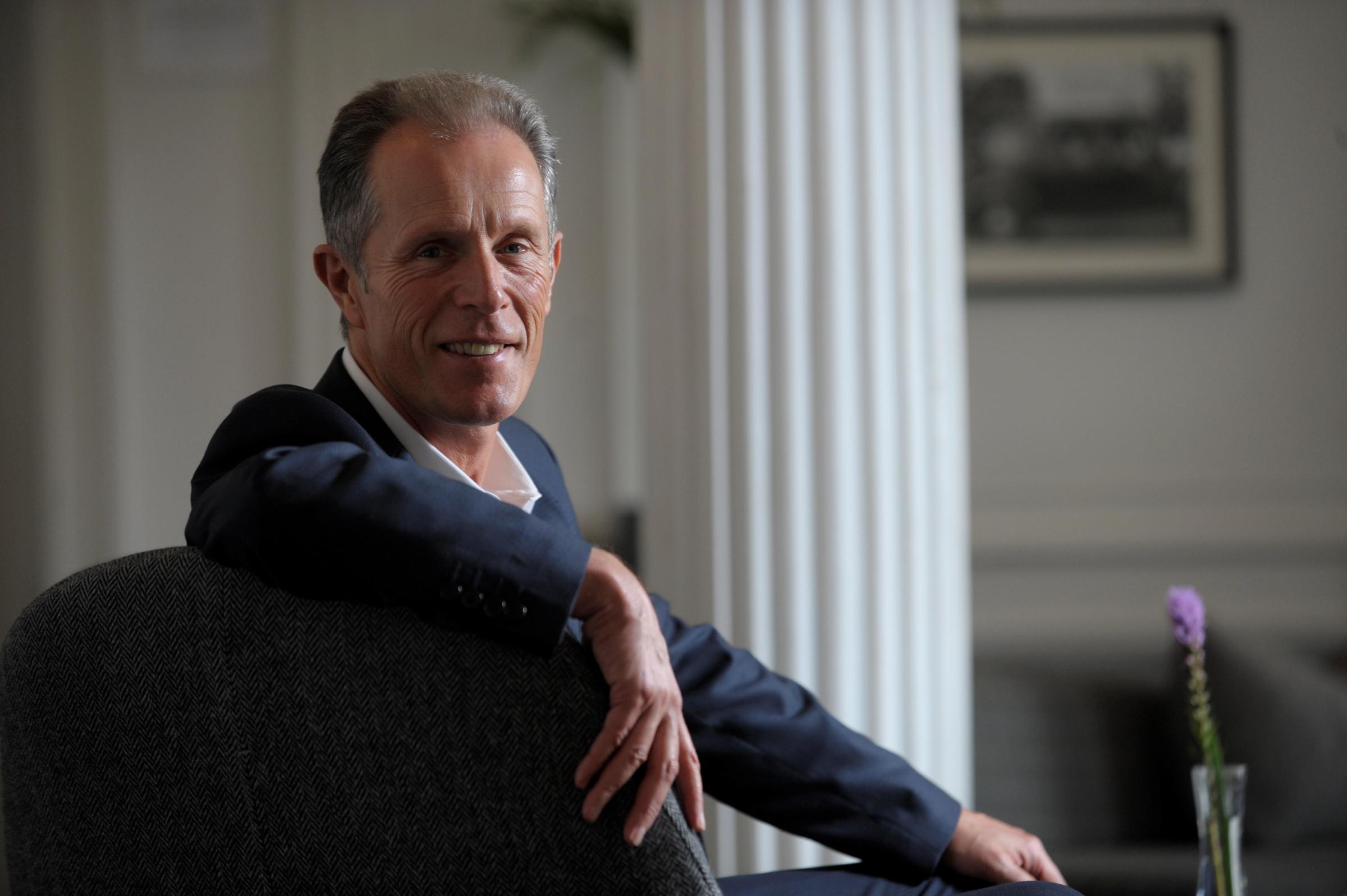
A NEW formal independence organisation could bring renewed energy to the movement and organise mass protests against the cost-of-living crisis, senior campaigners have suggested.
Debate has been sparked over whether now is the time to set up another organisation similar to Yes Scotland, which was said to have “transformed politics in Scotland” in the run-up to the 2014 referendum.
It comes after criticism over the behaviour of protesters at the Tory leadership hustings in Perth last week, which triggered renewed calls for a code of conduct for Scottish independence activists.
But others within the movement says the drive this time around should not be led by political parties but from the “bottom up”.
Meanwhile the outcome of the Supreme Court case on whether Holyrood has the power to hold a referendum could also have a major impact on what type of campaign takes place in the coming months.
Blair Jenkins, the former head of Yes Scotland, told the Sunday National setting up an umbrella group bringing together political parties and grassroots would bring in a “new level of energy” to the campaign.
He said: “There is a growing sense in Scotland we need to get off the path we are on – that is everyday conversation with people.
“The other good reason to do something now is clearly once you have a campaign organisation in place and a deadline, it makes it much easier to motivate volunteers and campaigners and to maintain a good degree of discipline and a high degree of participation.”
He added: “If there was a new all-parties/no-parties grassroots campaign launched – and it will be at some point – I think that would give everyone a focus, a structure to what they were doing, and it would bring in a new level of energy.”
Yes Scotland was an umbrella group for political parties, non-party organisations and individuals supporting independence. It was formally launched in May 2012, four months before the Edinburgh Agreement was signed between the Scottish and UK Governments and 10 months before the date of the referendum was announced.
This time around, the circumstances of the planned second referendum are very different – with the “route map” unveiled by Nicola Sturgeon involving the Supreme Court case in October and the possibility of having a “de facto” referendum at the next general election.
Jenkins pointed out this could be the reason why the SNP and the Scottish Greens are waiting to announce a new body, as they may choose to campaign under their own party labels for an election.
“Until we know what the Supreme Court says, and what the outcome of that is, then what we don’t know is what are we campaigning towards,” he said.
“Are we campaigning towards a new referendum, which is what we all hope, in October of next year, or are we campaigning towards the de facto referendum in a general election in 2024?
“Because those obviously create two different timelines, but also open up the question of what kind of campaign organisation do you have.”
Toni Giugliano, SNP policy development convener, said one of the biggest strengths in 2014 was demonstrating that the “cause of independence was greater than one political party”.
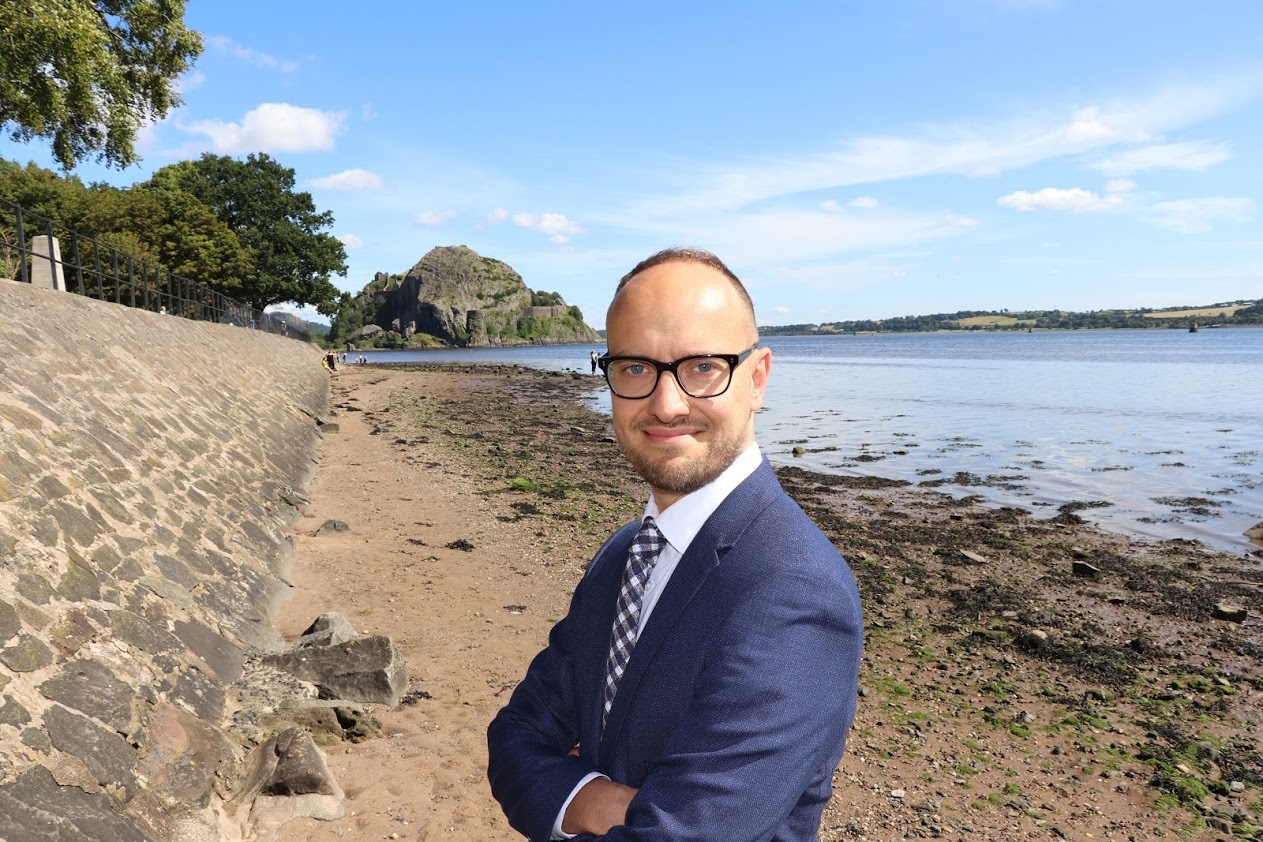
He said: “Even in a de facto referendum, where each political party fights on its own terms, we still need to build a movement. We still need voices from outwith party politics.
“Some of the most persuasive arguments for independence that I’ve heard have come from unelected public figures – their contributions go a long way.
“Back in 2014 we had Yes Scotland with Dennis Canavan as chair, Blair Jenkins as CEO – there was a cross-party leadership and a board with a range of voices.
“While it’s unlikely that we’ll see that formula, I certainly want to see more formalised campaigning between the SNP, Believe in Scotland and the Scottish Greens. A campaign that is bound by a set of values and standards.”
Giugliano criticised “intolerant fringe groups like Alba”, saying their tactics to “frustrate and disrupt” were “voter-repellent and counterproductive”.
“What happened in Perth to James Cook damages the cause, and on a personal level is absolutely disgraceful,” he added.
“Make no mistake – people are right to be angry – but we need to help channel that anger in a constructive way.”
Giugliano said the Yes campaign could mobilise against the cost-of-living crisis in the coming months and “lead the charge against a broken system”.
HE added: “Now is the time for mass-mobilisation events led and organised by the SNP, the Greens and the likes of Believe in Scotland, and allow people to channel that anger in a meaningful and constructive way while taking action in Government where devolution allows – and spelling out the alternatives with independence.”
Gordon MacIntyre-Kemp, founder and chief executive of Believe in Scotland, said his “totally independent, non-political” organisation had been supporting the grassroots campaign since it was set up two years ago.
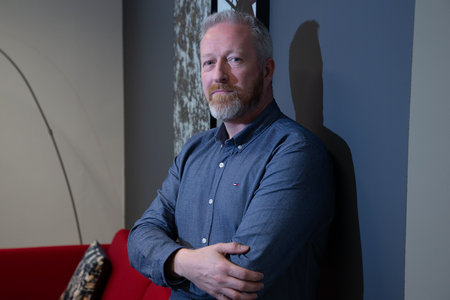
“Yes Scotland didn’t deliver a Yes vote last time and there were lots of things wrong with that plan,” he said.
“If you ask me what do we need to do differently this time, in order to win, the first thing I would say is let’s not go down the Yes Scotland route; let’s actually have the grassroots run the campaign; let’s have it separate from the political parties, and let’s have the political parties run their political campaigns.
“They will all campaign separately because some of those parties will never work together and we will work with the grassroots movement.”
MacIntyre-Kemp said Believe in Scotland now had 16,000 members and 125 Yes groups campaigning under its banner, who had also signed a code of conduct which had been created by the Yes movement itself.
“Our entire mantra is that we are at the service of the grassroots movement, which is the exact opposite of what Yes Scotland was, where they thought the local Yes groups were there to deliver their leaflets etcetera. We see it as the other way round,”
he said.
“The only thing that is going to really move the polls is the grassroots movement. The political parties have done as much as they can. If people can’t stand the SNP or the Greens, how do they vote for a campaign run by a political party?”
He added: “If people think the political parties are going to set up another Yes Scotland like they did last time and control it, then I think there is a whole load of people in the Yes movement who would raise an eyebrow at that.
“Good luck with trying to get everyone to sign up to it.”
The importance of the grassroots work was acknowledged by SNP MP Tommy Sheppard, who told the Sunday National there has been an “awful lot of good stuff happening in the last few years, a lot of it unnoticed by the general public or even ourselves”.
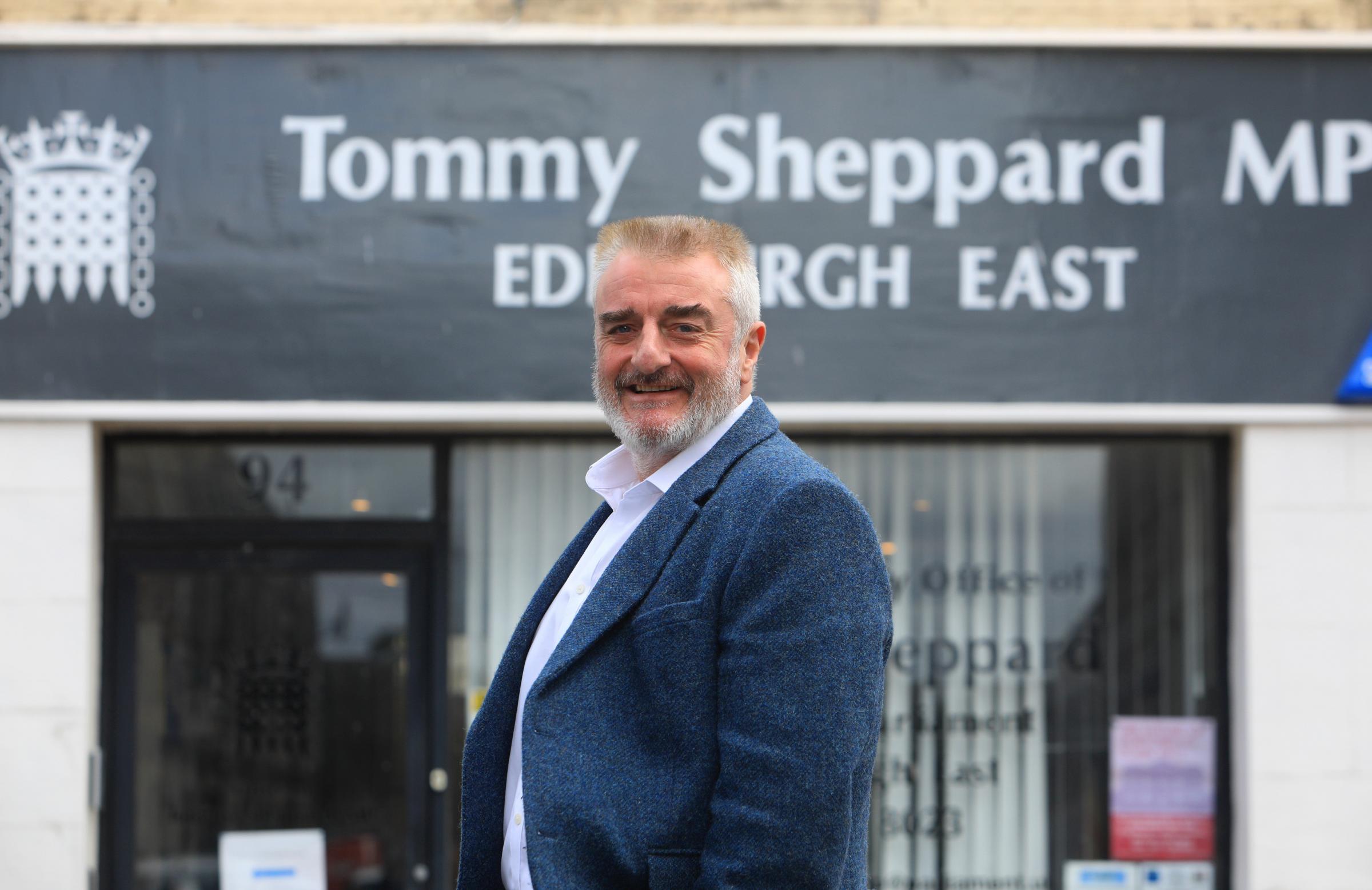
He said since the last referendum there had also been “a lot of division and a lot of falling out”, but it was vital to focus on the big picture, “I think a Yes Scotland campaign along the lines of what it was last time is essential,” he added.
“I think the difference is when we launched last time, it was launched at the top and filtered down to the bottom, because there wasn’t a grassroots in place.
“This time we’ve got all these organisations already bubbling away so we need to find a way to launch something at a national level that brings that altogether and people don’t think it’s someone else stealing their thunder. It will require goodwill all round.”
When asked about the timing of a new Yes organisation and which parties it may include, SNP president Michael Russell said: “It’s well understood that legislation requires there to be a Yes organisation in any referendum and the size, plurality and grassroots energy of the current independence movement are great strengths – which the Westminster control-freak politicians and parties can only dream about.
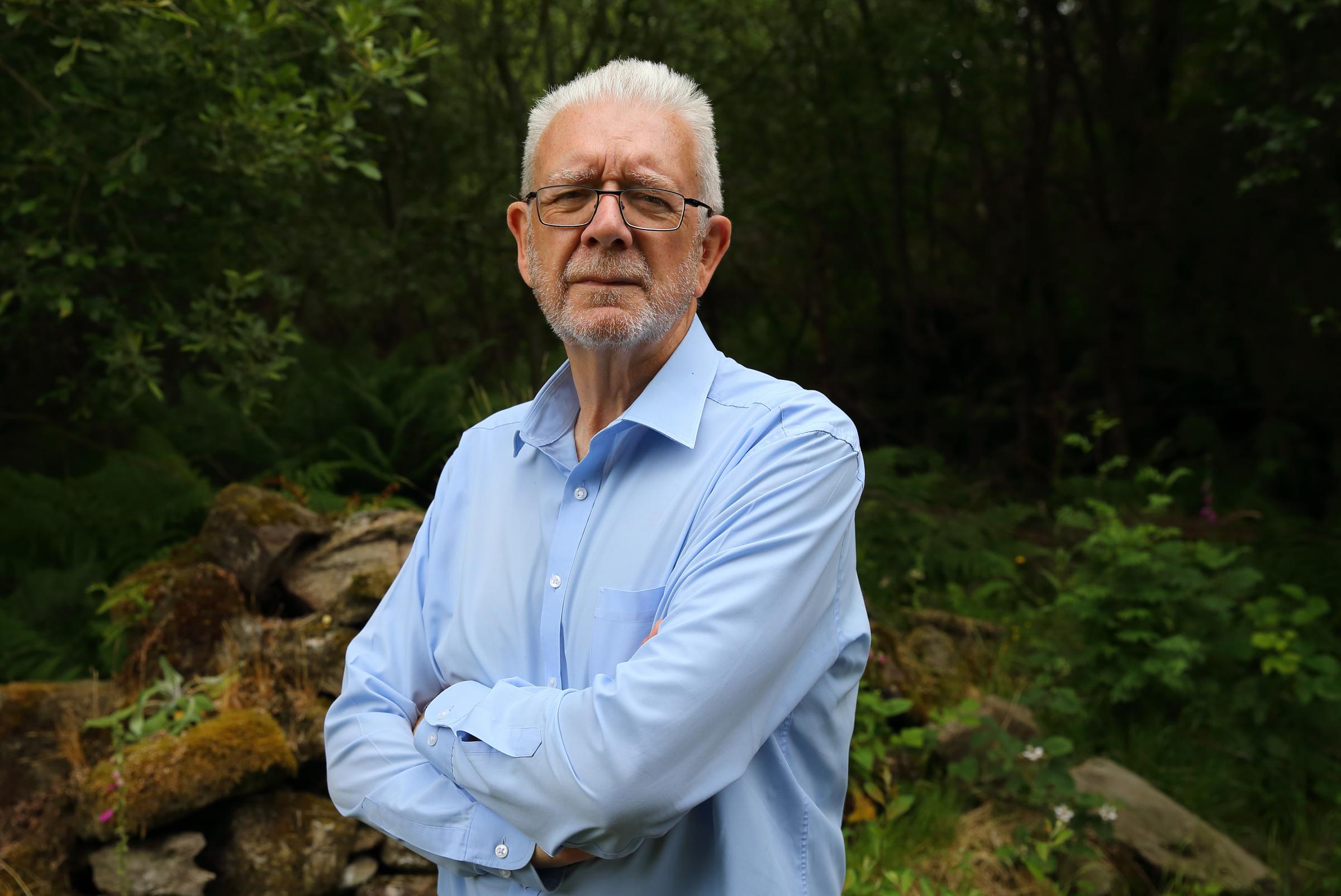
“On behalf of the SNP, I regularly meet with the Scottish Green Party and other progressive pro-independence organisations to discuss how we can collaborate in our campaigning, and this work is ongoing.
“We need to build on successful collaborative projects like the distribution of a million newspapers last November whilst also reflecting the very different political landscape compared to 2014.”
Scottish Greens MSP Ross Greer said: “In 2014, the grassroots movement was the Yes side’s greatest asset. Thousands of people became politically active for the first time ever due to the positive message of hope that was at the heart of our campaign.
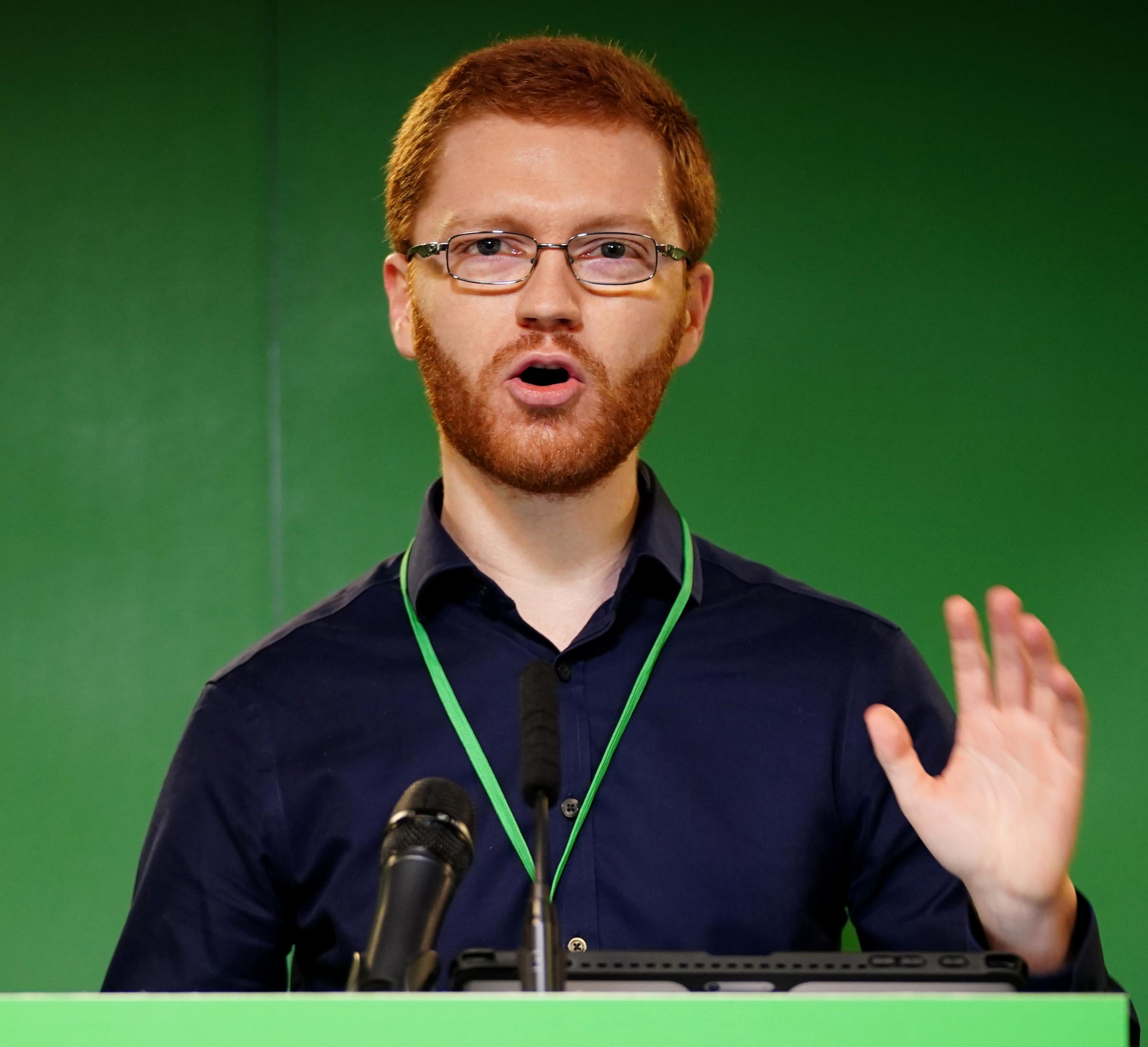
“A lot has changed since then, but the desire for a better future has not gone away. The movement we build must reflect the country we want to be.
“Over the coming months the Scottish Greens will present our vision for a fairer greener and independent Scotland and will work with those who, like us, believe in a Scotland free from racism, misogyny, transphobia and all other forms of bigotry and where the inherent dignity of everyone is respected.”
Asked if Alba would join a new Yes organisation, general secretary Christopher McEleny said the organisation would need to be “controlled by no one party but owned by the entire movement”, arguing that “we can’t really afford to lose support for independence of those that have a negative view of the Government”.
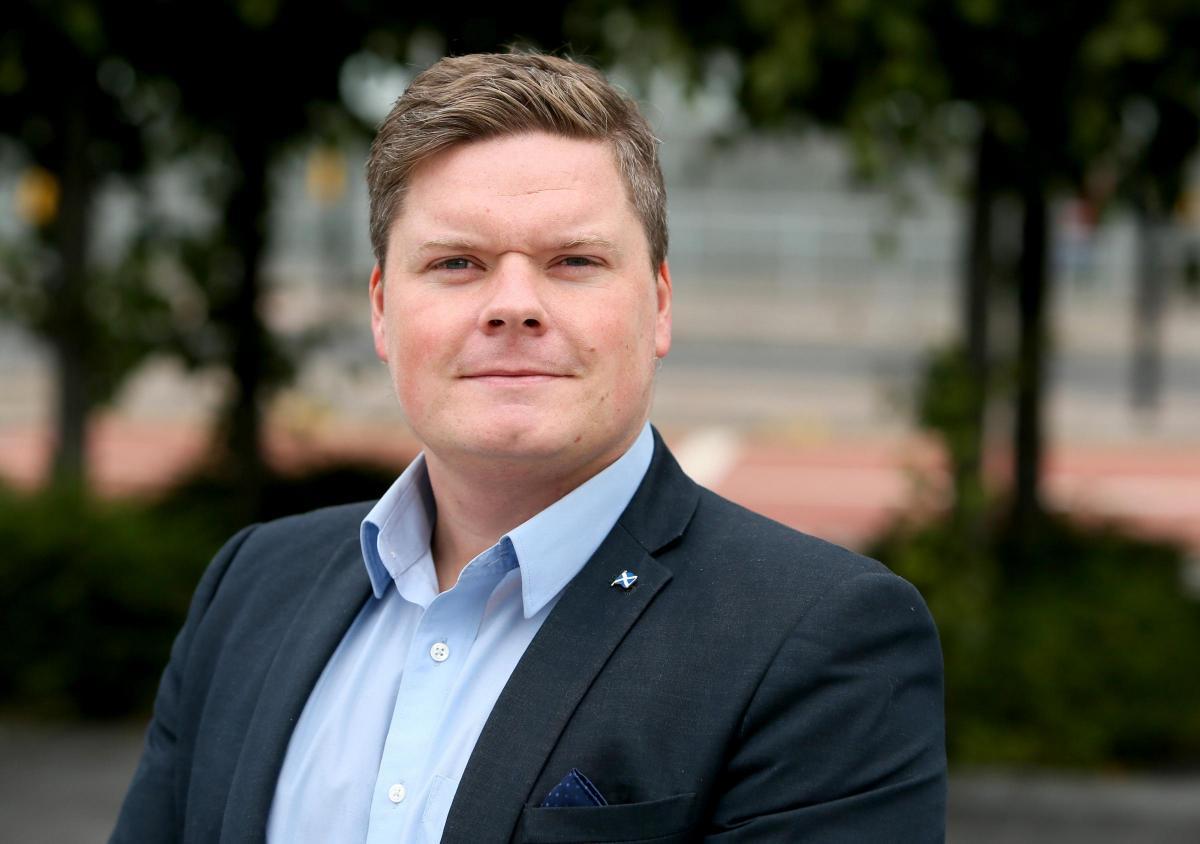
When it comes to the view from the grassroots, Alan Petrie, co-organiser of the Aberdeen Independence Movement, raised concerns the Yes movement has “forgotten how to campaign since 2014”.
He said: “You can put on something which is fun and people will turn up but we did hard campaigning in 2014, normal folk got out and chapped doors and did leafleting. There’s less of that now.”
He added: “People talk about the Yes family and it’s not a family, it’s a campaign. It’s a family that needs to grow and it’s gone a bit insular, but hopefully that is coming to an end.”
Tricia Grey, from Yes group AyeFyne, said she believed it was time for a new campaign to be launched – but it was important people were still able to “maintain freedom to do what we like in our own way”.
Mary Baxter, from Yes Perth City, said the success of a formal campaign would depend on how it was carried out, including not “over politicising” issues such as education and the NHS.
She added: “I also think people are starting to realise that painting your face blue is not a good idea. It’s not relevant to modern politics and it’s a detraction from what we should be doing.
“What we should be doing is calmly and quietly taking off our Yes badge or our SNP badge or an Alba badge, and trying to engage with the other person so they can talk to us.”







